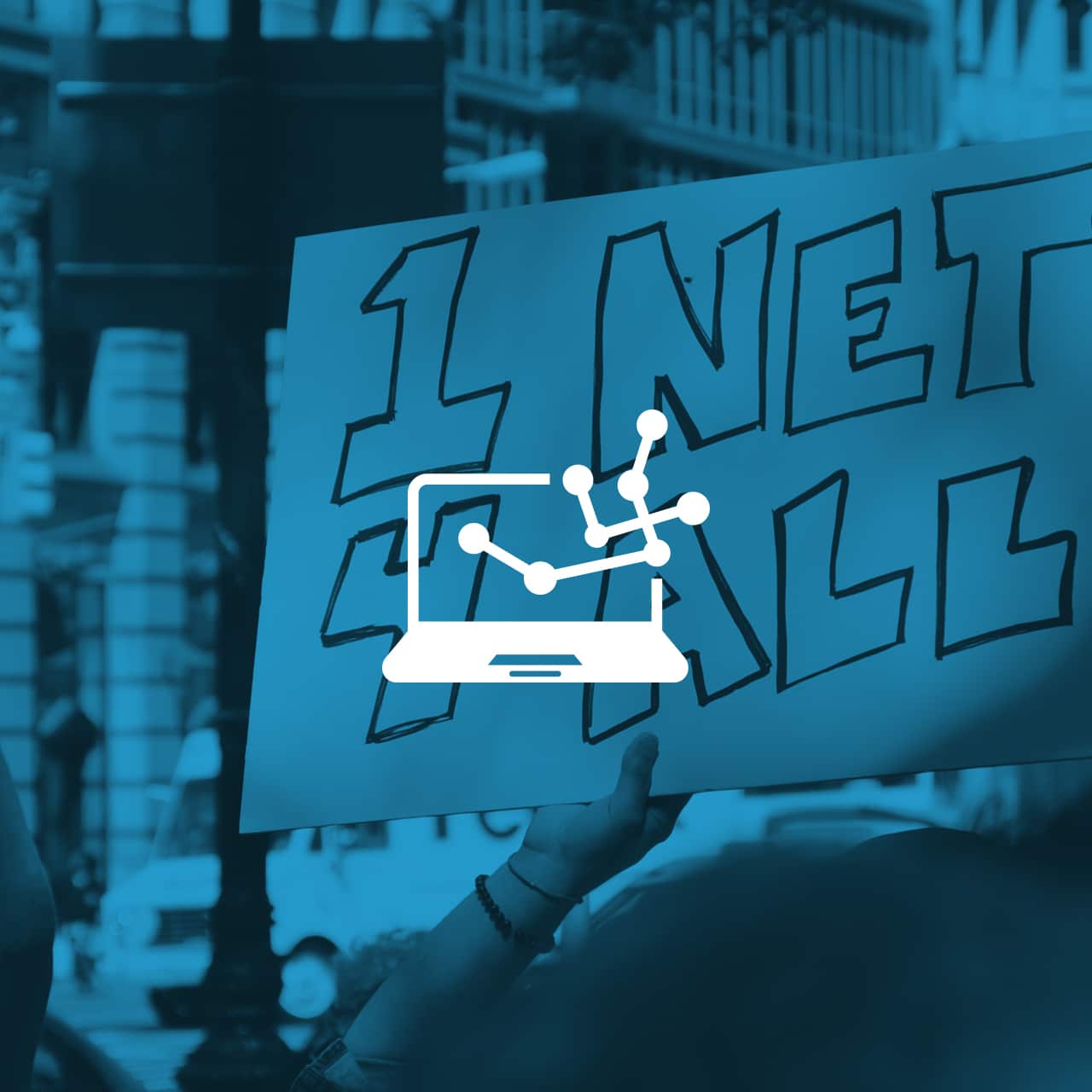Washington, D.C. — Today the U.S. Federal Communications Commission released its rules to implement its landmark Open Internet Order. The rules — which run some 300 pages — appropriately classify broadband internet as a “telecommunications service” under Title II of the Communications Act, and take important strides to prevent discrimination by broadband providers and block the creation of fast and slow lanes.
However, the rules do not include an outright ban of the practice of “zero rating,” schemes devised by internet providers and services like Facebook, Wikimedia, and Spotify that allow users to access certain content without counting against data caps.
Instead, the FCC will investigate alleged abuse of zero rating on a case-by-case basis: “We will look at and assess such practices under the no-unreasonable interference / disadvantage standard, based on the facts of each individual case, and take action as necessary.” In Access’ view, this is not nearly as good as a ban, but we applaud the FCC for claiming the authority it needs to stop such abusive practices. The move also leaves the door open for users to petition the agency to stop these practices.
As we outlined in our letter to the FCC in February, beyond creating dramatically misleading perceptions for users, price discrimination schemes such as zero rating skew the competitive marketplace and set up gatekeepers that can quickly stifle innovation.
Access staff released the following statements about the impact of the full rules:
Raegan MacDonald, European Policy Manager:
“While we’re pleased to see the U.S. FCC has adopted rules to limit online discrimination, we deeply regret that they are not fully comprehensive as they do not include an outright ban of price discrimination schemes such as zero rating. As the EU considers binding Net Neutrality rules, banning all forms of network discrimination — including zero rating — is crucial to guarantee the rights to freely receive and impart information, ideas, and knowledge online.”
Peter Micek, Senior Policy Counsel:
“Telcos have expanded and thrived under common carriage regulation on voice telephony for decades, and under these firm rules they will continue to do so on the data side. But telcos in the U.S. and elsewhere are jumping on the zero rating gravy train, giving users an artificial and restricted window onto the open internet, a shadow on a wall rather than the real thing. The FCC knows better — as the rest of the rules show — and we hope they use their authority to recognize zero rating programs as unreasonable interference with user rights.”
Javier Pallero, Policy Analyst (Latin America):
“In Latin America, zero rating is a major concern due to the need for access and connectivity to the entire internet. Thankfully, some countries have passed landmark policies like Chile’s Net Neutrality law, which clearly bans zero rating. We’re disappointed the U.S. FCC hasn’t taken a similar stance against this harmful practice, but we’re hopeful that it will act swiftly against any practices that restrict the access of users to the full internet.”
